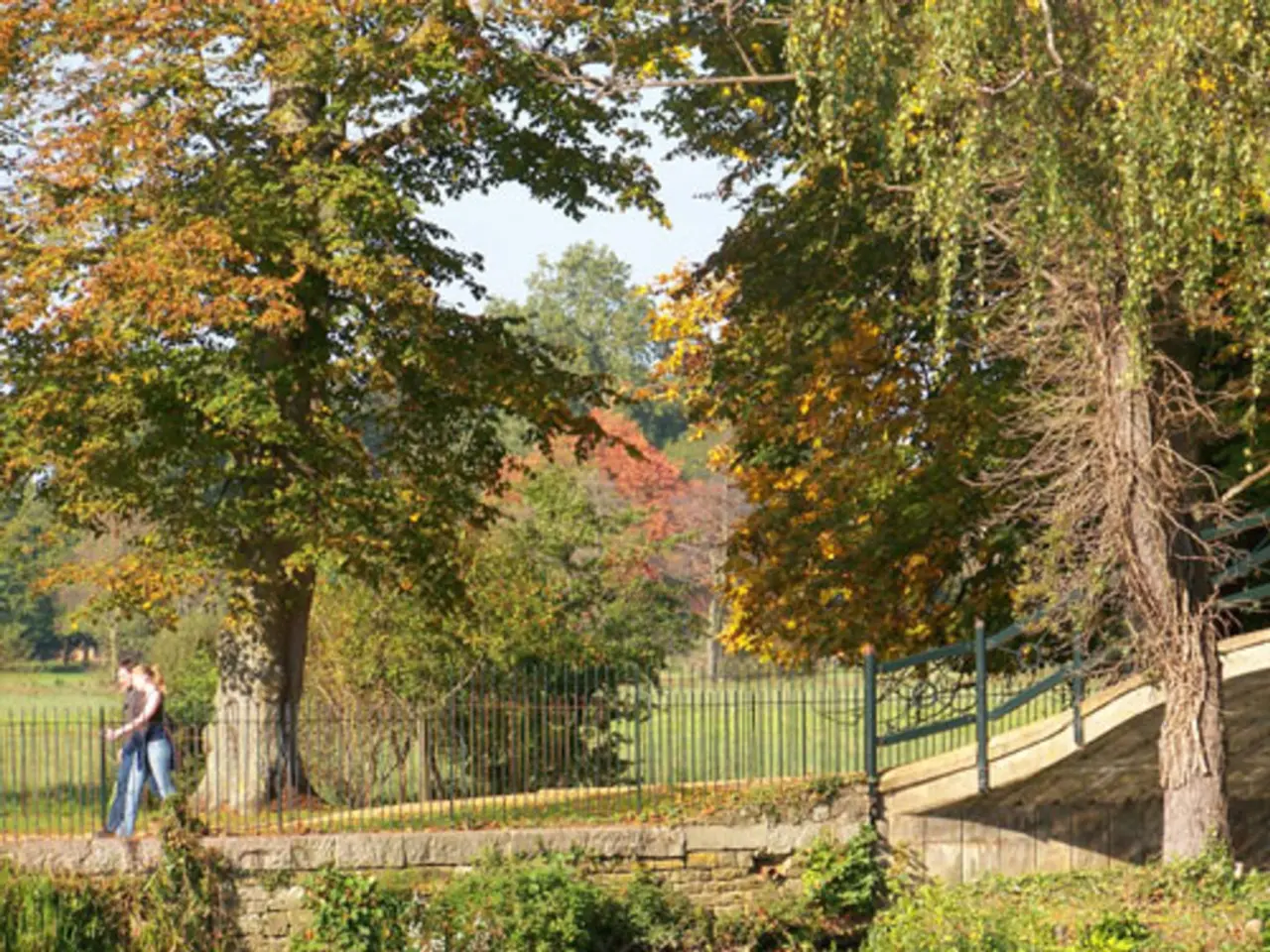Guided Nature Walks Encouraging Natural Learning and Exciting Wild Exploration
In today's fast-paced world, learning doesn't always have to take place within the four walls of a classroom. Exploring ecosystems by observing how different species interact in your local environment can offer a rich, multisensory, and active learning experience that enhances cognitive development and memory retention.
By tracking these connections in a nature journal, recording which animals visit certain plants or how weather patterns affect wildlife behaviour, we can foster a deeper understanding of the natural world. This hands-on approach contrasts with the often static, visually focused traditional classrooms, providing a sensory-rich environment that strengthens neural connections vital for perception, attention, and memory formation.
Regular exposure to natural settings also improves attention and focus. Children's ability to concentrate is boosted, reducing mental fatigue and symptoms of attention disorders like ADD. This increased cognitive performance and memory retention can be attributed to the active physical engagement nature-based learning promotes.
Physical activity, linked to better cognitive outcomes, enhanced memory, and improved classroom behaviour, is a key component of nature-based learning. Active learning programs demonstrate that movement integrated with academics has cumulative benefits for concentration and memory retention over time.
Moreover, natural environments and aesthetically pleasing settings reduce stress hormones, which enhances memory retention and learning capacity, benefiting overall cognitive functioning. This stress reduction, combined with the social interactions fostered by outdoor learning, supports emotional well-being, language acquisition, and better cognitive growth, advantages often limited in conventional classrooms due to their more confined social dynamics.
Children develop a lasting love for learning and better conceptual understanding when learning is rooted in exploration and real-world experiences typical of nature-based settings. In comparison, traditional classroom environments tend to be sedentary and lack multisensory stimulation, potentially hindering cognitive and emotional development. The static indoor settings may also contribute to increased stress levels and reduced engagement, which negatively affect cognitive processes like memory retention.
To make the most of this learning experience, consider organising nature photography challenges, group activities for nature walks, and hands-on discovery activities. Engage kinesthetic learners through hands-on exploration activities and document observations in a nature journal. Structure sharing circles where each participant presents their most interesting discovery from the walk, and transform nature walks into opportunities for environmental action.
Customise activities for visual learners, such as nature photography assignments and nature sketching journals. Track learning progress through detailed nature journal entries that show growth over time, and create nature journals with dedicated partner pages where pairs can sketch and document findings together. Implement the "I notice I wonder it reminds me of" technique to guide meaningful discussions about observations.
By embracing nature-based learning, we can create an optimal environment for enhancing cognitive development and memory retention beyond what traditional classroom settings typically offer.
- Incorporating e-learning platforms that focus on home-and-garden or education-and-self-development topics, such as nature photography or creating nature journals, can facilitate personal-growth and learning experiences outside the traditional classroom environment.
- The lifestyle benefits of nature-based learning extend beyond cognitive development; it also helps reduce stress hormones, enhancing memory retention and learning capacity, key factors that support overall cognitive functioning and emotional well-being.
- By blending e-learning resources with hands-on activities like nature walks, photography challenges, and sharing circles, we can promote active learning and foster a deeper understanding of subjects, particularly in areas such as home-and-garden, personal-growth, and education-and-self-development.




